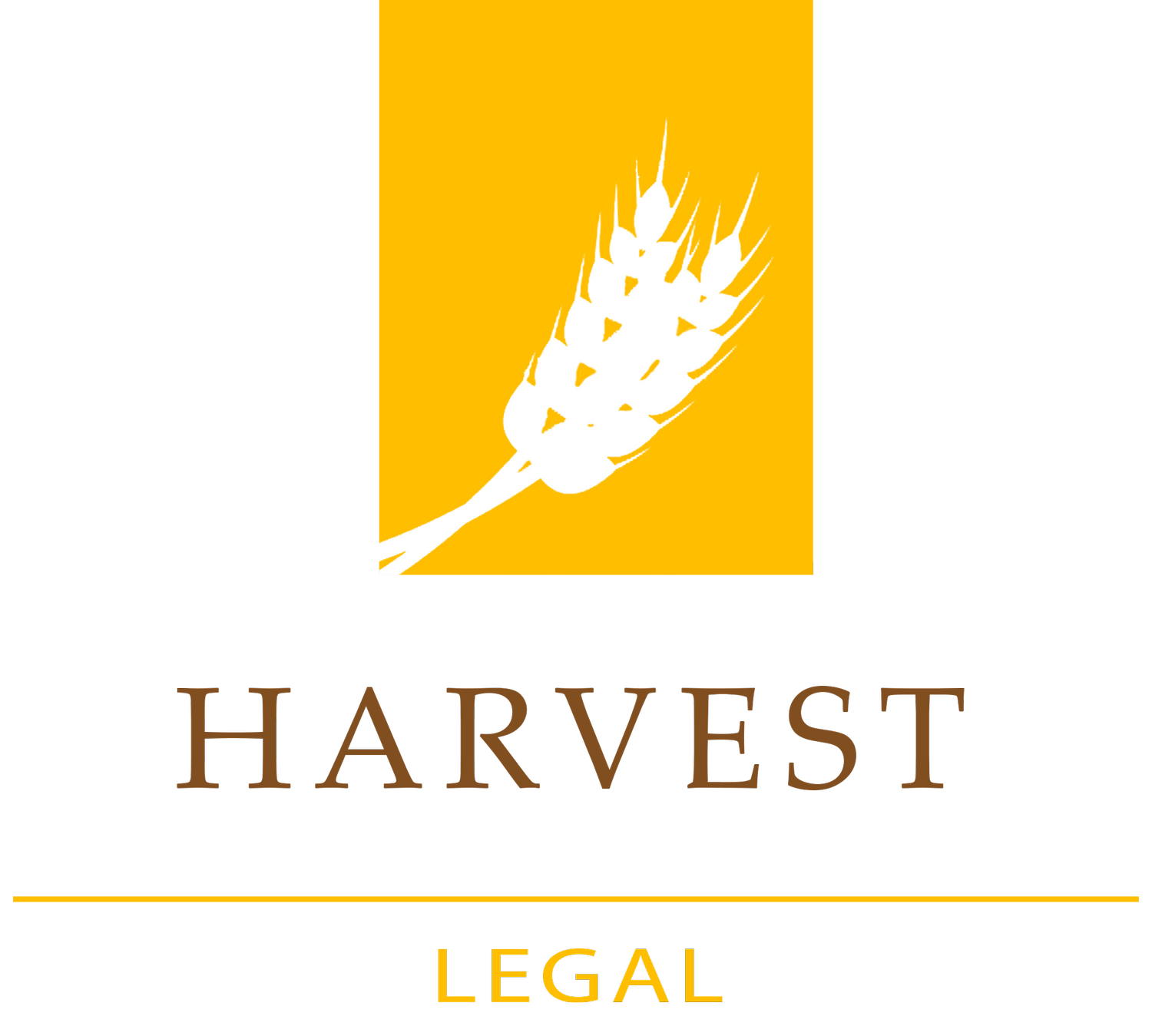Choosing the Right Business Structure in Kansas: A Guide to Entity Selection
Congratulations on taking the leap and starting a business in Emporia, Burlington, Lyndon – or elsewhere in Kansas!
One of the first crucial decisions you'll face is choosing the right legal structure for your company. This choice affects your liability, taxation, administrative burden, and overall flexibility.
Here's a breakdown of the most common business formation types in Kansas, along with their pros and cons:
1. Sole Proprietorship: The simplest form, where the business is owned and run by one person, and there is no legal distinction between the owner and the business.
Pros:
Easy and inexpensive to set up.
Minimal paperwork and regulatory requirements.
Owner directly receives all profits.
Cons:
Unlimited personal liability for business debts and obligations.
Can be difficult to raise capital.
Business ends with the owner's death or incapacitation.
Pass-through taxation: This means that the business's profits are not taxed at the business level. Instead, the profits "pass through" to the owner's personal income tax return, where they are taxed at the individual level. This avoids the "double taxation" that can occur with corporations.
2. Partnership: Similar to a sole proprietorship, but with two or more owners.
Pros:
Relatively easy to set up.
Shared resources and expertise.
Cons:
Partners share unlimited personal liability.
Potential for disagreements and conflicts between partners.
Can be more complex to dissolve than a sole proprietorship.
Pass-through taxation: Like sole proprietorships, partnerships enjoy pass-through taxation, where profits are taxed only at the individual partner level.
3. Limited Liability Company (LLC): A hybrid structure combining the simplicity of a partnership with the limited liability of a corporation.
Pros:
Limited liability protection for members (owners).
Flexible management structure.
Cons:
More complex to set up and maintain than a sole proprietorship or partnership.
Can be more expensive to form.
Some restrictions on ownership transfer.
Choice of pass-through taxation or corporate taxation: LLCs offer flexibility in how they are taxed. They can choose to be taxed as a partnership (pass-through) or a corporation.
4. S Corporation: A special type of corporation that allows for pass-through taxation, avoiding double taxation on profits.
Pros:
Limited liability protection for shareholders.
Potential tax benefits for owners who also work for the company.
Cons:
Stricter eligibility requirements than LLCs.
Limited to 100 shareholders.
Can be more complex to operate than an LLC.
Pass-through taxation: S corporations are taxed like partnerships, with profits passing through to the shareholders' personal income tax returns.
5. C Corporation: The most complex business structure, offering the strongest liability protection but subject to double taxation.
Pros:
Limited liability for shareholders.
Easier to raise capital through the sale of stock.
Perpetual existence (continues even if owners change).
Cons:
More complex and expensive to set up and maintain.
Subject to more regulatory requirements.
Double taxation: C corporations face double taxation. This means that the corporation's profits are taxed first at the corporate level, and then again at the individual level when dividends are distributed to shareholders.
Which Structure is Right for You?
Choosing the right business structure depends on several factors, including:
Liability: How much personal liability are you willing to accept?
Taxation: What tax implications are most favorable for your situation?
Administrative Burden: How much time and effort are you willing to invest in administrative tasks?
Flexibility: How much flexibility do you need in terms of management and ownership?
Long-Term Goals: What are your plans for the future of your business?
Don't Go It Alone: Seek Legal Counsel
Navigating the complexities of business formation can be challenging. An experienced business attorney can help you understand your options, choose the best structure for your needs, and ensure your business is set up correctly from a legal standpoint.
Contact Harvest Legal today to schedule a consultation. We can help you choose the right business structure and set your Kansas venture up for success.

